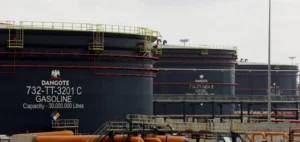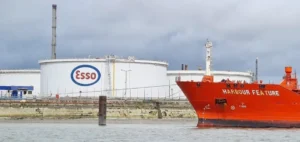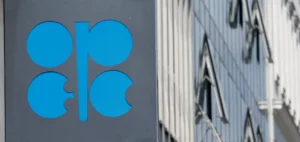On February 14 Energean announced the start of the first crude oil exports to Israel. The oil cargo from the mainly gas producing Karish field, has been loaded and is headed to a European destination, according to Energean. This is another important step for Israel in its quest for energy independence based on offshore resources in the Mediterranean.
Imports still needed
In recent years, Israel has consumed about 210,000 barrels of oil per day, according to BP data. Israel’s refineries rely on imports from Russia, Azerbaijan and Iraq, and it is likely that the country will continue to import crude oil from abroad to meet its heavier oil needs, while exporting some lighter liquids related to its gas production.
Turkey is the main supplier of crude oil to Israel, with Turkish shipments coming from pipelines in Azerbaijan and Iraq – the latter supposedly including a significant portion of the semi-autonomous Kurdistan region. Russia and Nigeria are also among the main suppliers
New source of revenue for Israel
Israel’s first crude oil export has been successfully completed, with the loading of a cargo mainly from the Karish gas field, according to the operator, Energean. The trading company Vitol is responsible for the offloading of the cargo, which will take the light and sweet crude oil to a European destination.
Gas production at Karish began in October 2022, and initial production capacity is expected to reach 6.5 billion cubic meters per year in 4-6 months. According to Energean, the field has recoverable reserves of 1.4 trillion cubic feet of gas and 61 million barrels of liquids.
In addition, the Energean Power floating generation and storage vessel has significant storage capacity for floating generation and storage. Indeed, it is capable of storing up to 800,000 barrels of oil.
Energean’s future plans for Karish
Energean has future plans for Karish, including the construction of a second gas export riser and a second oil train. In addition, the company’s second project, Karish North, is expected to include a significant proportion of liquids in the production stream. This first export of crude oil from Israel marks an important step in the country’s efforts to achieve greater energy independence through its offshore resources in the Mediterranean.





















